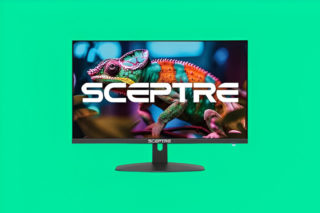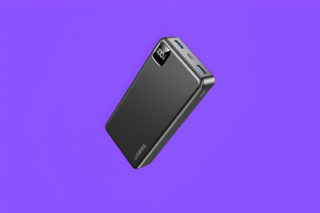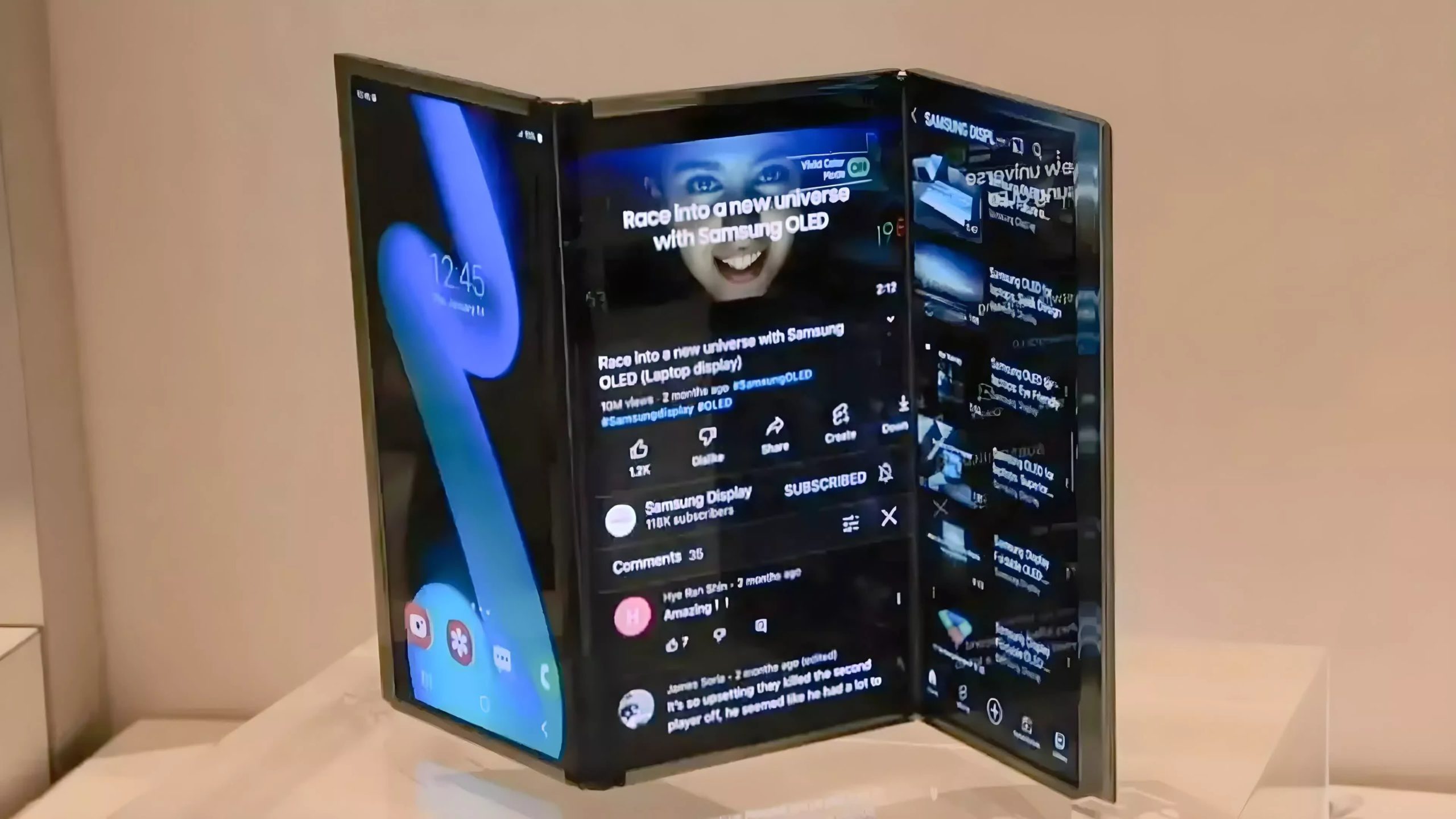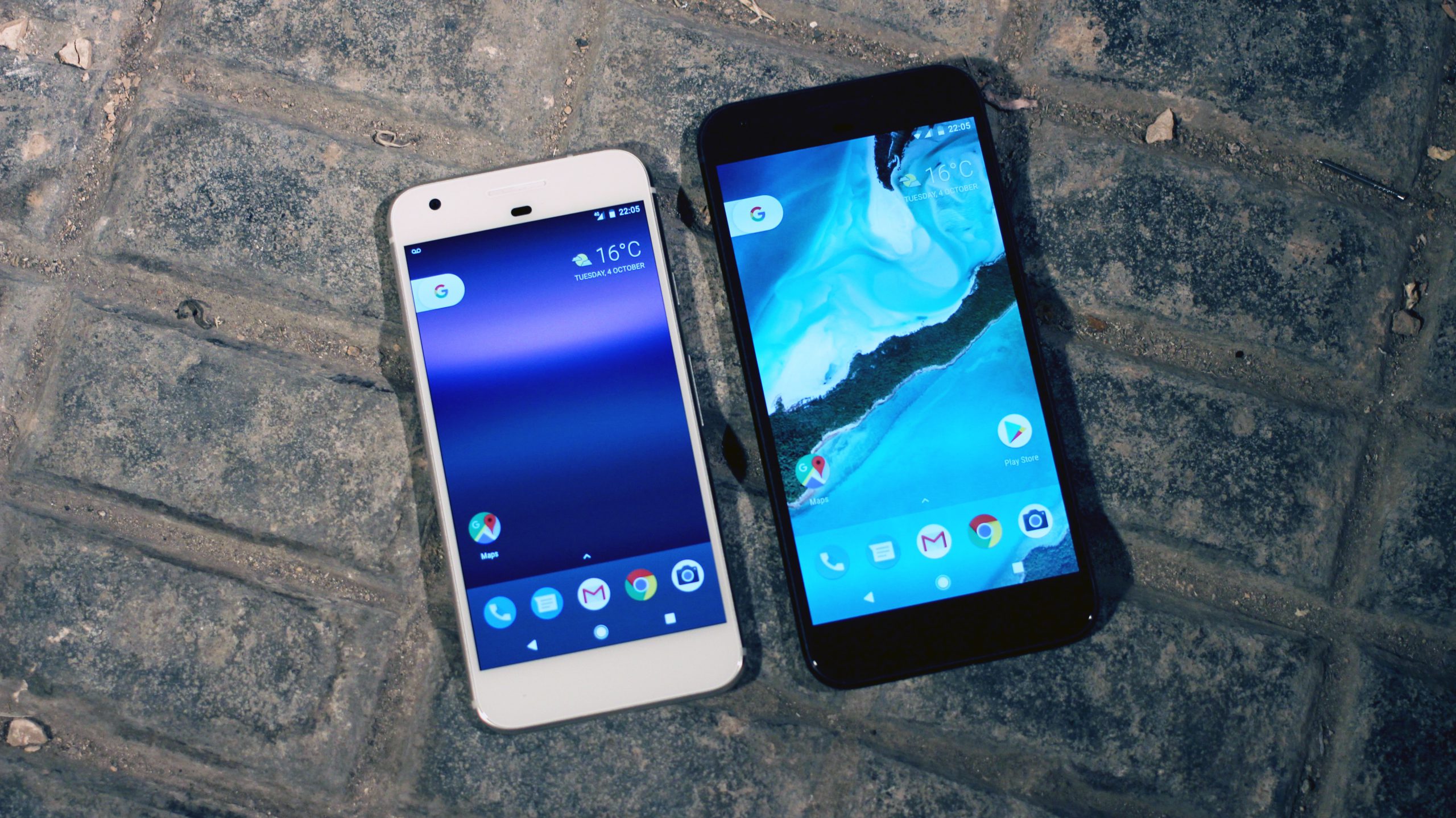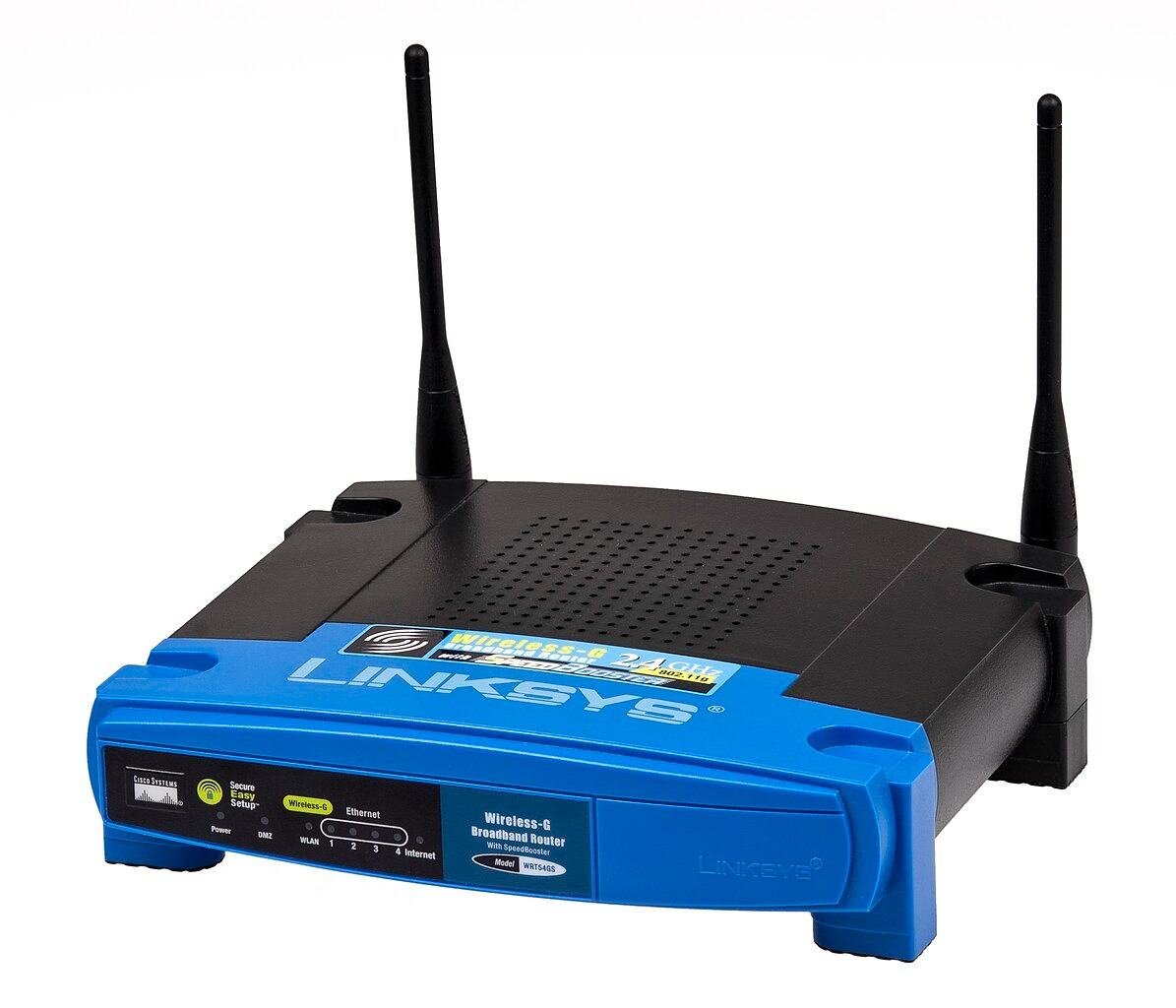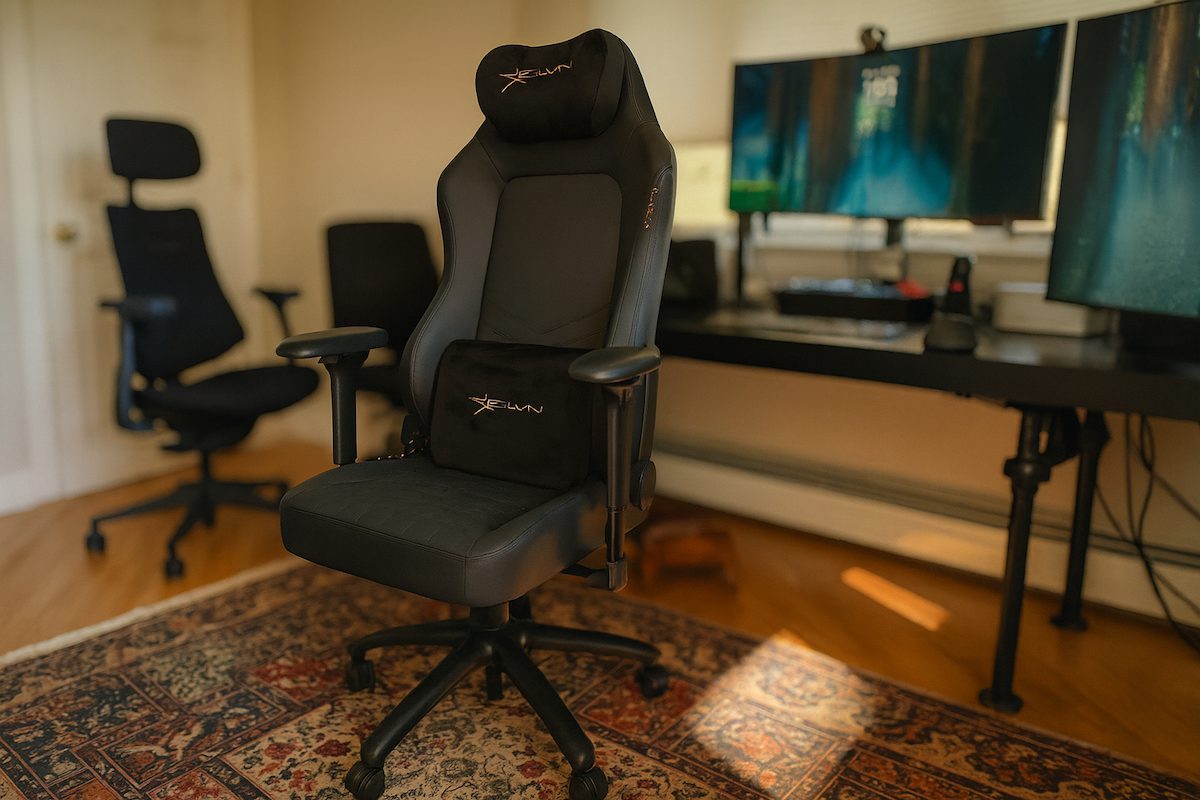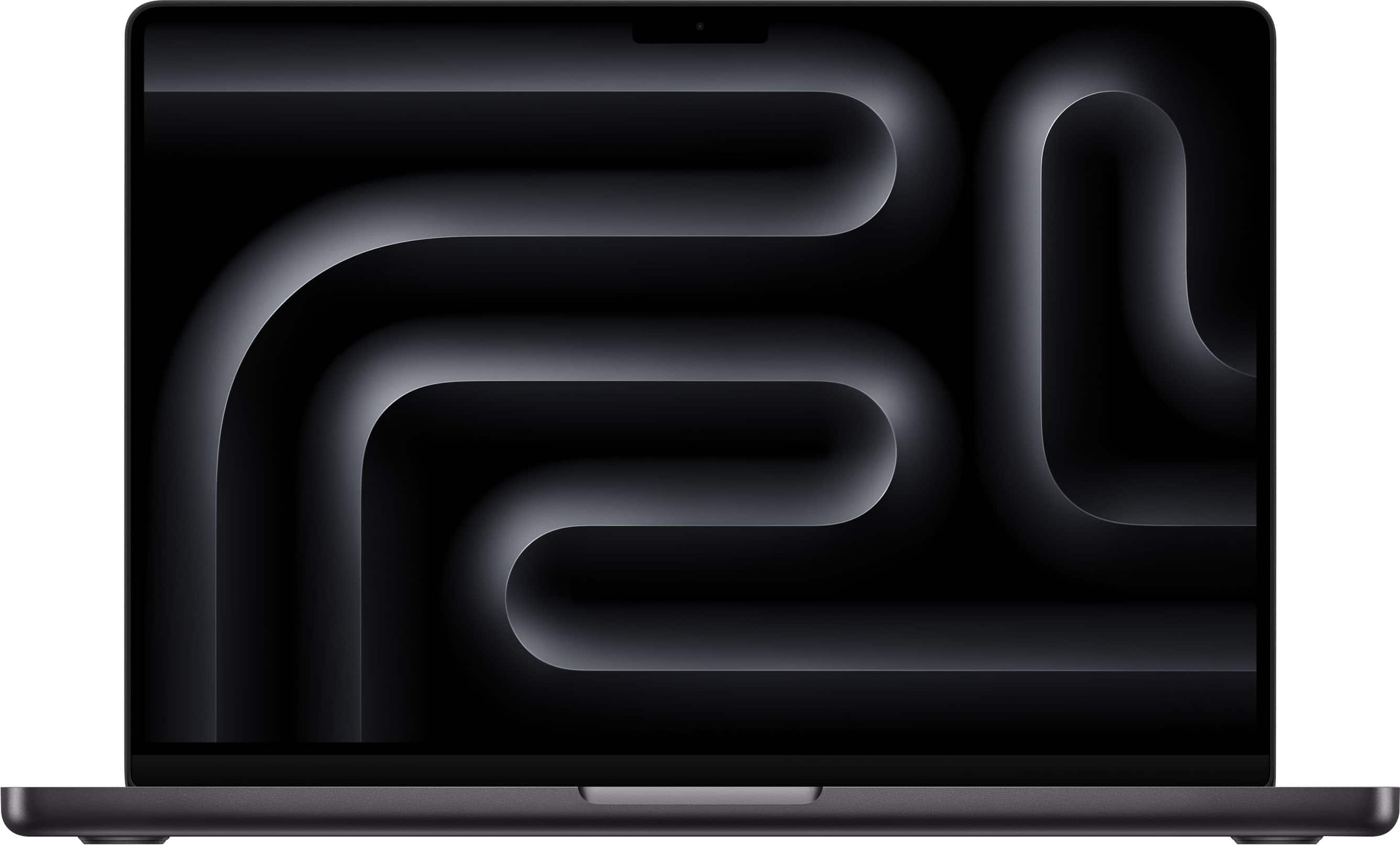Ever notice how your app subscriptions cost more than they should? That’s partly because Apple takes a 30% cut of every App Store purchase—a fee passed directly to you. Now, Proton, the Swiss company behind those privacy-focused email and calendar apps, has had enough. They’ve joined a federal class-action lawsuit against Apple, claiming the tech giant’s App Store constitutes an illegal monopoly that’s costing you money and limiting your digital freedom.
Proton’s complaint goes beyond just fees (though those sting). Apple won’t let you set Proton Calendar as your default calendar app and restricts Proton Drive’s background processing—features Apple reserves for its services. “Apple’s monopoly control of software distribution on iOS devices presents a myriad of problems for consumers, businesses, and society as a whole,” Proton stated. This isn’t some startup crying foul—it’s a company that’s built its reputation on fighting for digital privacy rights.
The timing couldn’t be more strategic. Apple just got slapped with a €500 million fine by the European Commission, and a U.S. court recently found the company willfully defied orders in the Epic Games case. Global regulators from the UK to South Korea are demanding App Store reforms. Proton is joining an existing lawsuit rather than going solo, creating a united front harder for Apple to dismiss as isolated grievances.
If successful, this lawsuit could crack open Apple’s walled garden for good. Imagine installing apps from competing stores, paying developers directly without Apple’s markup, or choosing which services become your defaults. Apple will likely argue these restrictions protect your security—a fair point given iOS’s stellar malware record. But just like Netflix’s password-sharing crackdown sparked the great streaming shuffle of 2023, forcing Apple to compete could unleash innovation we haven’t seen since the early iPhone days.
Don’t expect overnight changes—legal battles against tech giants move slower than iOS updates. But if Proton and fellow developers prevail, your future iPhone might finally feel like the computer it technically is: one where you control what software runs and how much you pay for it.





